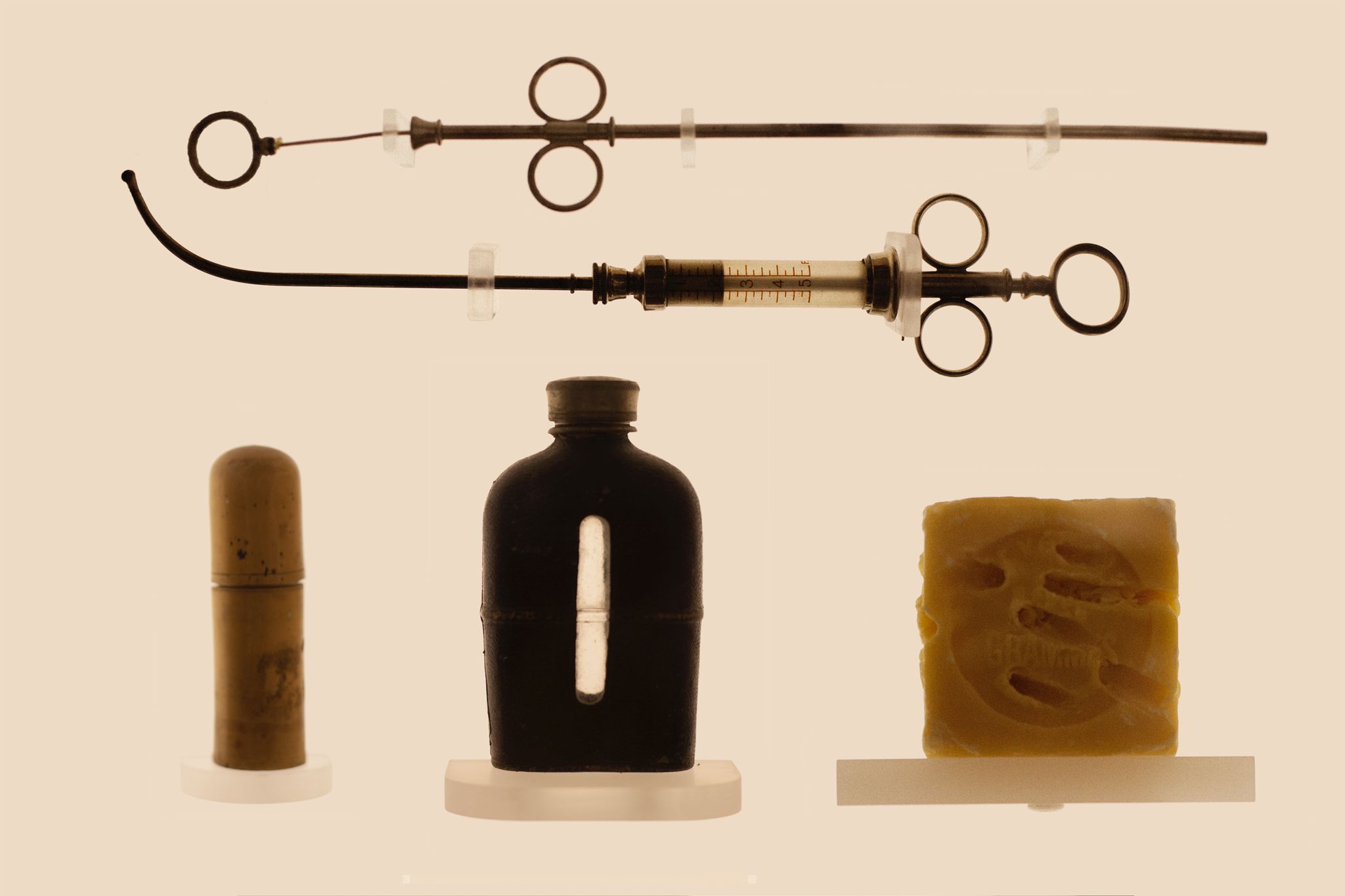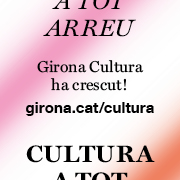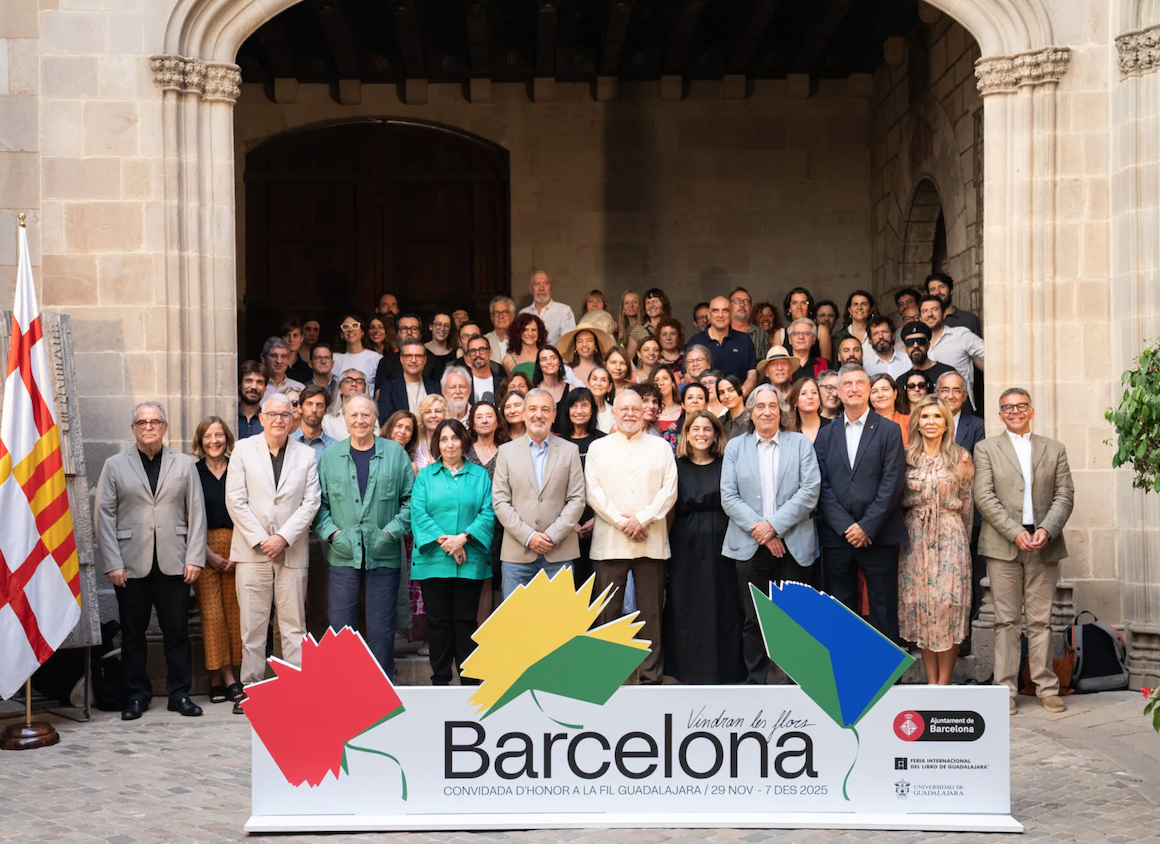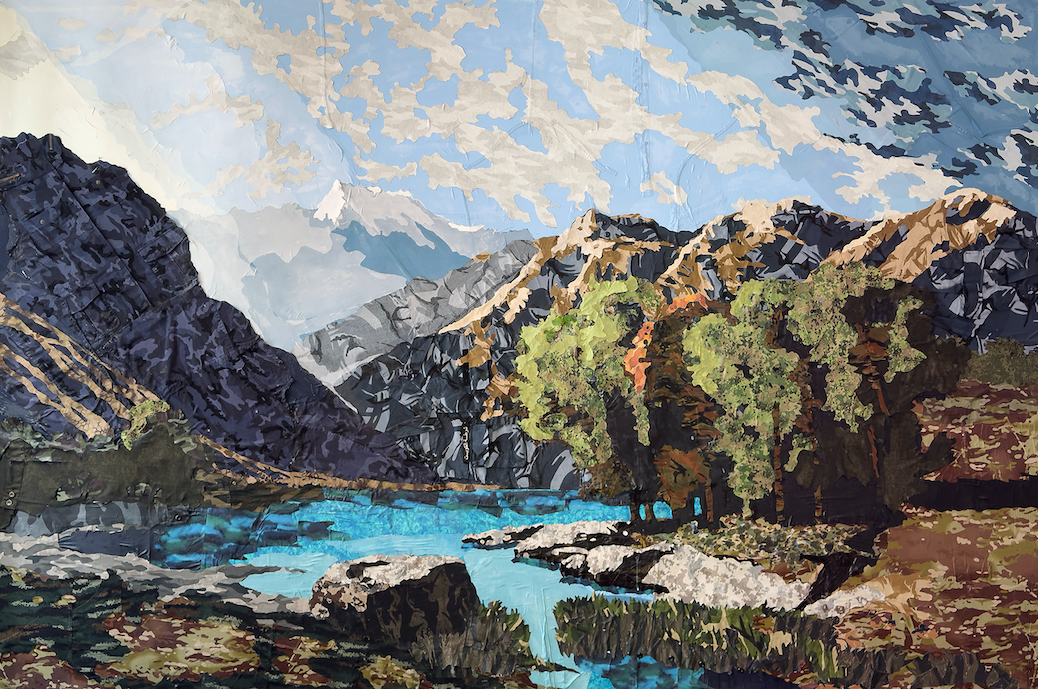Exhibitions
Laia Abril: on abortion
A visual reflection on misogyny and the violated rights of women, at the Palau Solterra.

The Palau Solterra, located in Torroella de Montgrí and home to the Vila Casas Foundation dedicated to photography, is hosting one of the most compelling and necessary exhibitions of the season: On abortion , the first chapter of Laia Abril's project entitled A history of misogyny. This decade-long visual, textual and sound investigation analyses the devastating consequences, among others, of the lack of access to safe, legal and free abortion.

Laia Abril articulates a powerful discourse that combines striking images, interviews and historical documentation to highlight how restrictive policies on sexual and reproductive health have affected and continue to affect the lives of millions of women around the world. The artist poses situations ranging from forced motherhood to legal persecution, the criminalization of women and even death. Within the framework of On abortion , Abril reconstructs individual stories through direct testimonies and archives that expose the pain and silence that often accompany these experiences. One of the most striking aspects is the representation of clandestine abortion methods, a reminder of the devastating consequences that arise when the right to decide about one's own body is denied.

Laia Abril's work transcends the realm of documentary photography and investigative journalism. Her work is part of an artistic and intellectual context that invites ethical and moral reflection on the systems of control that have historically been exercised over women. The internationally recognized Barcelona artist offers us a perspective that not only denounces injustices, but also raises uncomfortable questions that directly challenge the viewer.

The exhibition is part of the Vila Casas Foundation's 2025 program, which aims to delve deeper into four major thematic areas: social criticism; sexual and reproductive health and the role of women in society; the existentialist conception of life, and the link with the territory. Beyond its aesthetic power, Laia Abril's project reminds us that the fight for equality and women's rights is still far from won. Her work is a cry against injustice and an exercise in empathy that claims the need to keep the debate alive on issues that society often prefers to ignore or relegate to invisibility.









